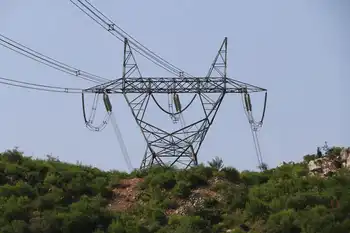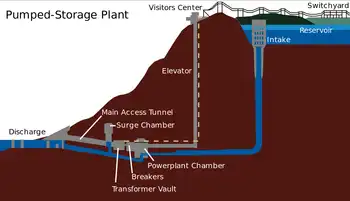Toronto to become wireless hotspot
TORONTO, ONTARIO - Toronto Hydro Corp. announced that it plans to turn Canada's largest city into one giant wireless hotspot, directly challenging the country's major mobile phone carriers for a chunk of the $8 billion a year wireless market.
With the deployment, which sources say could be available in the downtown core as early as this fall, Toronto joins a growing list of North American cities, including Philadelphia, New Orleans and San Francisco, that have announced plans to bring low-cost, broadband wireless access to their citizens and businesses.
"I wouldn't be surprised if you see it in September or October of this year," said a source close to the project.
Mayor David Miller joined Toronto Hydro executives to officially announce the initiative, which will be the largest of its kind ever undertaken in Canada and could undermine commercial product offerings from Rogers Wireless, Telus Mobility and Bell Mobility.
So-called municipal Wi-Fi, which blankets entire cities with the same wireless network technology found in many homes and small businesses, makes broadband access virtually ubiquitous and gives municipalities a way of generating revenue while offering affordable high-speed Internet access to low-income persons and neighbourhoods.
It also gives cities a way to attract tourists and business professionals, provides local police with better access to law enforcement databases while on the road, and helps city officials remotely monitor parking meters and other automated services. Toronto Hydro might also choose to sell a wholesale version of the service to other service providers.
In Ontario, where smart meters have been mandated, electrical utilities are looking at various telecommunications technologies for retrieving data from people's homes and businesses for time-of-day billing purposes.
Sources say Toronto Hydro has decided to support its smart meter plan using Wi-Fi technology, which can be accessed by any properly equipped laptop or handheld computing device.
Brian Sharwood, a telecom analyst with the Seaboard Group in Toronto, said it makes sense for a utility to recoup the cost of supporting smart meters by also selling wireless broadband services. "In a way that's the excuse to do all of this," he said. "You're going to run it past a lot of people anyway."
He said Canada's largest municipal electrical utility, which last year purchased Toronto's street light system for $60 million, will likely install the necessary wireless transmitters and receivers atop every fourth or fifth lamp post as a way to blanket the city with coverage - what the industry describes as "wireless mesh networking."
Several companies offer the technology, including Kanata, Ont.-based BelAir Networks and Brampton-based Nortel Networks. Utilities in Hamilton and Sault Ste. Marie are pursuing similar Wi-Fi strategies for their respective smart meter programs.
Municipal Wi-Fi projects aren't without controversy. In the United States, major wireless carriers say municipalities have no experience selling consumer services and are abusing their monopoly over taxpayers' funds. They also fear that their own Wi-Fi services, increasingly offered in airports, restaurants, coffee shops and hotels, will be undercut when it comes to price.
But municipalities argue that competition is healthy and that blanketing communities with low-cost broadband access helps bridge the digital divide.
The announcement follows VIA Rail Canada's decision to begin offering Wi-Fi service on all its trains between Windsor and Quebec City over the course of the year.
Related News

Two huge wind farms boost investment in America’s heartland
WASHINGTON - Power company MidAmerican Energy recently announced that it has opened two huge wind farms in the US state of Iowa.
The two projects, called Beaver Creek and Prairie, total 169 turbines and have a combined capacity of 338 megawatts (MW), enough to meet the annual electricity needs of 140,000 homes in the state.
“We’re committed to providing reliable service and outstanding value to our customers, and wind energy accomplishes both,” said Mike Fehr, vice president of resource development at MidAmerican. “Wind energy is good for our customers, and it’s an abundant, renewable resource that also energizes the economy.”
The wind farms…




